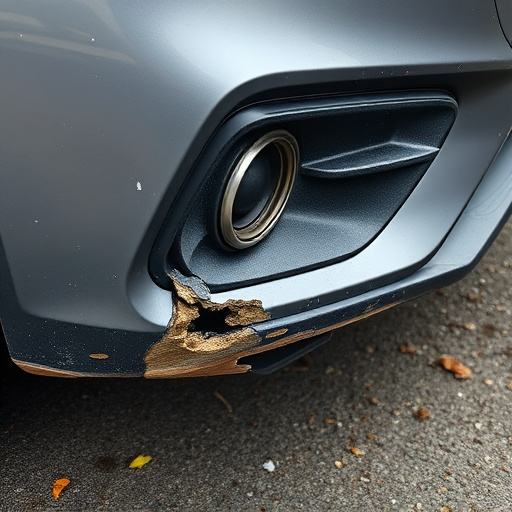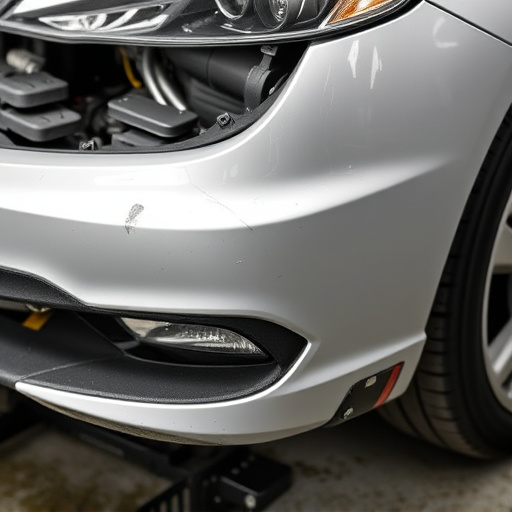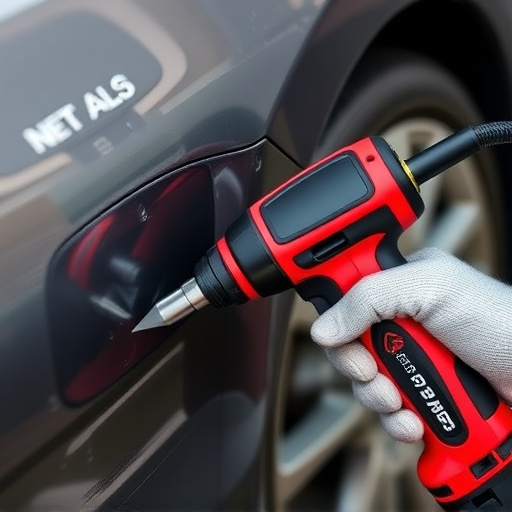Evidence is vital for expediting and enhancing the accuracy of auto collision claims, especially in centers offering paint and repair services. Key documents like photos, expert reports, and medical records provide unbiased views, aiding quicker resolutions. Comprehensive damage assessments, medical bills, and witness statements are crucial types of evidence that facilitate swift decision-making, ultimately providing accident insurance help to claimants. Timely reporting and thorough documentation are essential for successful claims, streamlining repairs or replacements and ensuring fairness throughout the process.
In the complex world of accident claims, efficient decision-making is crucial for both insurers and claimants. Understanding what evidence speeds up these processes can significantly impact the overall experience. This article explores the vital role of evidence in accelerating accident claim decisions, highlighting various types of compelling data and the profound effects of timely, accurate documentation. By examining these factors, individuals involved in accident insurance claims gain valuable insights to navigate the system effectively.
- Understanding the Role of Evidence in Accident Claims
- Types of Evidence that Accelerate Decision-Making
- The Impact of Timely and Accurate Documentation on Claim Processing
Understanding the Role of Evidence in Accident Claims

Evidence plays a pivotal role in accelerating accident claim decisions. It provides an objective basis for assessing liability and quantifying damages, ensuring fairness and efficiency in the claims process. In the context of auto collision centers, where car paint services and car damage repair are common, evidence can significantly streamline the resolution of insurance claims.
For instance, photographs capturing the extent of vehicle damage, expert witness reports detailing the cause of the accident, and medical records outlining injuries sustained serve as robust evidence. These pieces collectively contribute to a comprehensive understanding of the incident, enabling faster and more accurate claim decisions. Moreover, they help both parties involved, including insurance providers and policyholders, navigate the claims process with clarity and confidence.
Types of Evidence that Accelerate Decision-Making

In the realm of accident claims, swift decision-making is pivotal for both insurance providers and claimants. Several types of evidence play a crucial role in accelerating this process, ensuring that compensation is granted or denied promptly. One of the primary contributors is the availability of comprehensive and accurate damage assessments. This includes detailed reports on auto glass repair, car scratch repair, and vehicle collision repair, which provide tangible evidence of the incident’s impact.
Additionally, medical records and bills related to treatments received as a result of the accident are invaluable. These documents not only corroborate the extent of injuries but also streamline the process by offering clear indicators of the financial burden incurred by the claimant. Efficiently presenting such evidence facilitates faster claim settlements, offering much-needed accident insurance help to those affected by unforeseen events.
The Impact of Timely and Accurate Documentation on Claim Processing

Timely and accurate documentation plays a pivotal role in accelerating accident claim decisions. When an individual is involved in an accident, the immediate steps they take can significantly impact the subsequent claims process. Prompt reporting of the incident, along with detailed documentation of damages, medical expenses, and witness statements, forms the backbone of a successful insurance claim. This initial stage sets the tone for the entire process, ensuring that all relevant information is captured and easily accessible for review.
Accurate documentation includes comprehensive records of vehicle damage assessed by professionals, such as those from an auto body shop. These detailed reports aid in expediting repairs or replacements, which are crucial elements in calculating compensation. Efficient claim processing relies on the seamless integration of this evidence, enabling insurance providers to make informed decisions and reduce turnaround times. Thus, individuals seeking accident insurance help should prioritize thorough documentation for smoother and swifter claims resolution.
Speeding up accident claim decisions with robust evidence is paramount for efficient resolution and fair compensation. By understanding the types of evidence that accelerate processing, such as detailed reports, medical records, and timely witness statements, claimants can navigate the claims process more smoothly. Timely and accurate documentation significantly reduces delays, ensuring that individuals affected by accidents receive the accident insurance help they need promptly.














